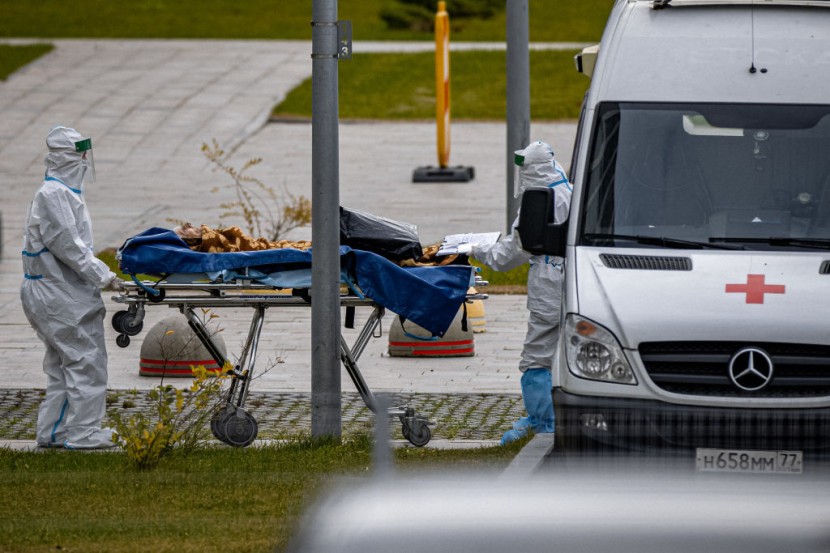
The Russian Government has no plans to impose a state-wide lockdown anytime soon, even though the death toll due to COVID-19 continues to rise.
According to reports, one of its highest death tolls to date with 1,002 dying from COVID-19 within 24 hours. Last Friday, Russia reported 999 new COVID-related deaths within 24 hours as well.
During the last three days, Russia recorded a new record of daily coronavirus virus cases. On Saturday alone, 33 208 new cases were reported. But despite the increasing number of cases and deaths, a spokesperson for Russia's Federal Council said that going into a state-wide lockdown is unreasonable. Instead, Russians are encouraged to get inoculated since vaccines are readily available in the country.
Russians urged to get the COVID-19 vaccine
Russian President Vladimir Putin urged his fellow lawmakers to encourage the residents to get vaccinated.
"You know that the number of infections is growing in many regions and medical specialists are working in difficult conditions. We all know well that vaccination can save us from the virus and from a severe course of the disease. It is necessary to step up the vaccination pace," Putin said via CNN.
Kremlin spokesperson Dmitry Peskov said that it's irresponsible not to get the COVID-19 vaccine. He also said that Putin would adhere to a booster shot once doctors deem it's necessary.
As of press writing, the total number of deaths in Russia has already reached 222,315. The total number of COVID-19 cases in Russia has reached 7,958,384.
According to Al Jazeera, only 31 percent of Russia's total population has been vaccinated against the deadly virus. And the lack of restrictions in the country has allowed coronavirus to spread.
But despite the increasing number of COVID-19-related cases and deaths, a huge chunk of Russia's population still refused to get inoculated.
Why Russians refuse to get the COVID-19 vaccine
Natalia Mukhina, a Russian language researcher, previously explained why Russians are hesitant to get the jab even though the country was the first in the world to approve a COVID-19 vaccine. She said that Russians are simply exercising their right to consent to any medical procedure. After all, this was something that they couldn't do decades ago.
Citizens in the now post-Soviet Russia used to be passive recipients of medical treatments. Still, they are now considered responsible citizens who can make choices and decisions on how to protect their health.
Vaccine skepticism in Russia and across the globe reportedly intensified during the 1990s. And it served as one of the ways to express resistance to lingering Soviet ideology. Mistrust was also rampant across the political spectrum, and vaccine decision-making served as a venue to enact the people's resistance to the state, according to The Conversation.
Russians are worried about the side effects
Besides these historical and political reasons, Russians are also reportedly scared of the vaccine's possible side effects. Some Russians also believe conspiracy theories about the pandemic. And some credentialed medical professionals continue to push their pseudo-scientific anti-vaccine messaging propaganda, according to Think Global Health.
Related Article: Russia Plans to Vaccinate Citizens Yearly Despite Guatemala's Plea to Return Money Over COVID-19 Vaccine Delivery Failure








